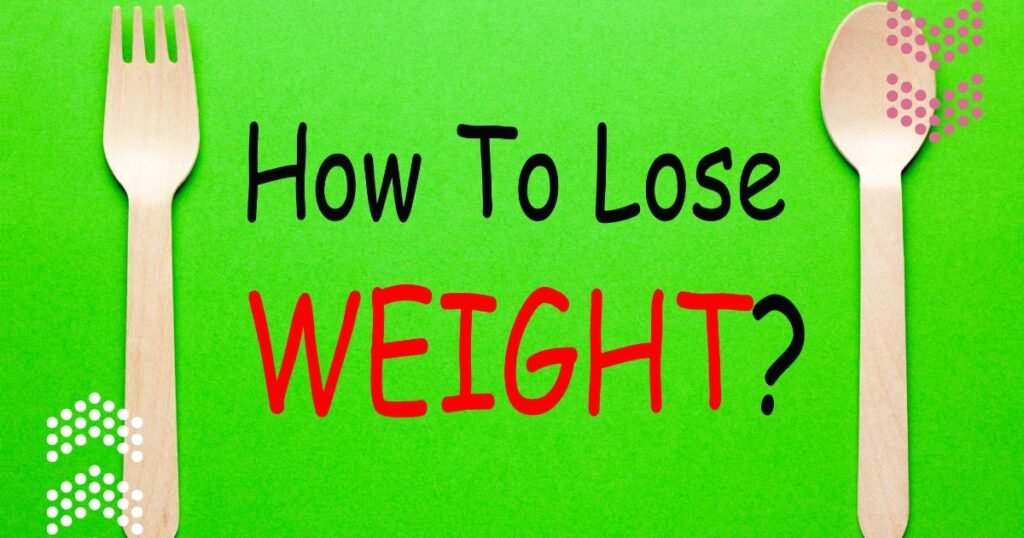Understanding the Concept of “Bulking”
What Does “Bulking” Really Mean?
Definition of Bulking in Fitness Terms
The term “bulking” in fitness refers to the process of intentionally gaining muscle mass through strength training and a caloric surplus. It is typically associated with bodybuilders who seek to increase muscle size over time.
How Bulking Differs for Women
For women, bulking is often misunderstood. Due to hormonal and physiological differences, women do not bulk up in the same way men do. Women have significantly lower testosterone levels, which limits the potential for extreme muscle growth.
Common Fears Associated with Bulking for Women
Fear of Looking Masculine
One of the most common fears women have is that lifting heavy weights will make them look masculine. However, this is a myth. The biological makeup of women prevents them from building the same level of muscle mass as men.
The Misunderstanding of Muscle vs. Fat
Some women confuse gaining muscle with gaining fat. When you build muscle, your body becomes more toned, not bulkier. In fact, muscle is denser than fat, so you may look leaner while weighing the same or more.
Myth 1: Lifting Heavy Weights Makes Women “Bulk Up”
The Science Behind Muscle Growth
Role of Hormones in Muscle Development
Muscle growth is heavily influenced by hormones. While men produce higher levels of testosterone, which promotes muscle hypertrophy, women produce less, making it harder to gain significant muscle mass.
How Muscle Growth Happens
Muscle hypertrophy occurs when muscles are challenged through resistance training. This causes microtears in the muscle fibers, which then repair and grow stronger. Over time, this leads to increased muscle definition but not the “bulk” most women fear.
Why Women Should Lift Heavy
Benefits of Strength Training for Women
Strength training offers numerous benefits for women. It boosts metabolism, enhances strength, and improves body tone. Additionally, lifting weights promotes bone health, which is crucial as women age and bone density naturally declines.
Lean Muscle Mass vs. Bulk
Lifting heavy weights helps women build lean muscle mass, which leads to a toned and athletic appearance. The fear of bulking up is unnecessary, as the process of muscle growth for women results in a firmer, more defined body rather than excessive muscle mass.
Myth 2: Cardio is Better for Weight Loss Than Strength Training
The Importance of Strength Training in Fat Loss
Muscle’s Role in Metabolism
Muscle is metabolically active, meaning it burns more calories than fat, even at rest. The more muscle you have, the higher your resting metabolic rate. This makes strength training an effective tool for fat loss and maintaining a healthy weight.
Cardio vs. Strength Training for Long-Term Results
Cardio may burn more calories during a workout, but strength training offers more long-term benefits. Building muscle increases your calorie-burning potential throughout the day, while excessive cardio can lead to muscle loss.
Combining Cardio and Strength for Best Results
Balanced Workout Plans
The best approach for fat loss and overall fitness is to combine both cardio and strength training. Cardio improves cardiovascular health and burns calories, while strength training builds muscle, enhances metabolism, and improves body composition.
Preventing Muscle Loss While Losing Fat
One major drawback of relying solely on cardio for weight loss is the risk of losing muscle mass. Strength training helps prevent muscle loss by encouraging muscle maintenance while you lose fat, ensuring your body remains strong and toned.
Myth 3: Women Should Stick to Light Weights and High Reps
Why Lifting Heavier Weights is Beneficial
Building Strength and Muscle Definition
Lifting heavier weights helps women build strength and muscle definition. Contrary to popular belief, using light weights and doing high reps may improve endurance, but it won’t lead to the significant muscle definition many women seek.
Benefits for Bone Health and Longevity
Strength training with heavier weights also promotes bone health. As women age, they are more prone to osteoporosis, and lifting weights helps improve bone density. This reduces the risk of fractures and improves longevity.
High Reps vs. Low Reps for Women
When High Reps Can Be Useful
High-repetition training is useful for building muscular endurance and conditioning. It can be helpful for women who want to improve stamina. However, it should not replace strength training with heavier weights if the goal is to build muscle and strength.
The Role of Low Reps in Muscle Growth
Low-repetition training with heavier weights is key for muscle growth. Women who lift heavier weights with lower repetitions challenge their muscles more effectively, leading to increased strength and muscle development without bulking.
Myth 4: Gaining Muscle Equals Gaining Weight
The Difference Between Muscle Mass and Body Fat
Muscle is Denser than Fat
Muscle weighs more than fat but takes up less space in the body. This is why women who gain muscle may notice they look leaner and more toned, even if the number on the scale stays the same or increases slightly.
Why the Scale Isn’t the Best Indicator of Progress
Focusing solely on weight can be misleading. Instead, women should track body composition, such as muscle-to-fat ratio. This provides a more accurate picture of progress and ensures that muscle gain is prioritized over fat loss.
Benefits of Gaining Muscle Even If Weight Increases
Muscle Boosts Metabolism
Gaining muscle increases your body’s metabolic rate, meaning you burn more calories throughout the day, even when you’re not exercising. This makes muscle gain an essential part of any weight loss or fitness program.
A Toned, Leaner Appearance
Building muscle gives women a toned, leaner appearance. Instead of worrying about the number on the scale, it’s important to focus on how clothes fit and how the body looks and feels with increased muscle mass and reduced body fat.
Conclusion
Debunking the Myths Around Bulking
The myths around women bulking from lifting weights are largely unfounded. Women cannot bulk up like men due to hormonal differences, and lifting heavy offers numerous benefits, from better metabolism to improved strength and body composition.
Empowering Women to Lift Heavy
Strength training is one of the most effective ways for women to build lean muscle, boost metabolism, and enhance overall health. Don’t be afraid to lift heavier weights; it’s the key to achieving a toned and strong body. For more insight, read our article on fat vs. muscle mass in women.
If you’re looking for expert advice on weight loss, check out this resource for tailored information for women.
Browse our website for more fitness tips, weight loss programs, recipes, and fitness products to help you on your journey. You can also explore trusted resources on diet and weight loss.


